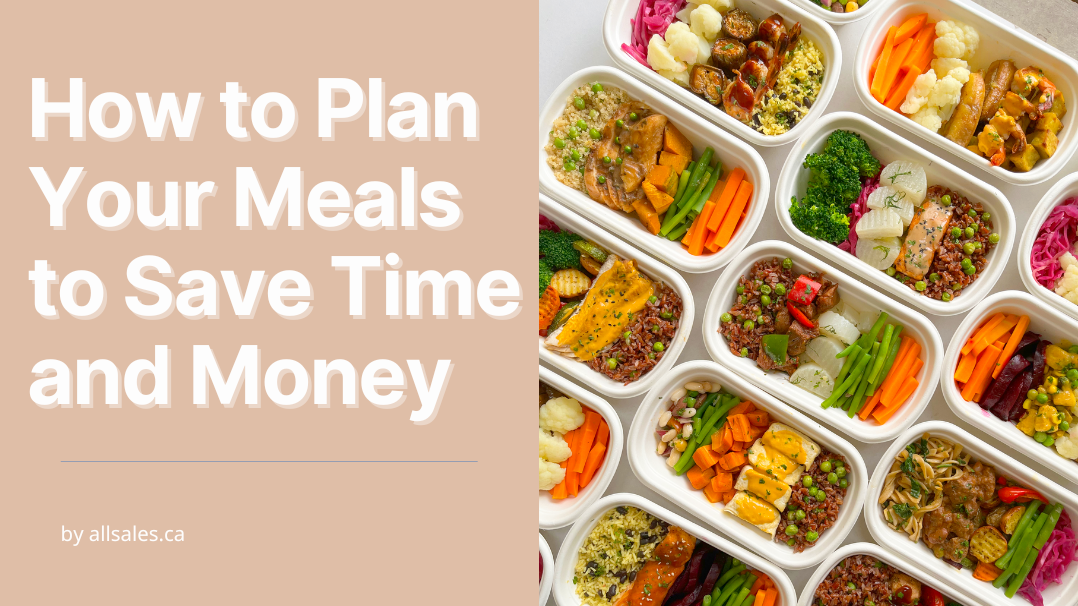Once your menu is ready, create a categorized grocery list — fresh produce, frozen foods, proteins, etc.
💡 Tip: Keep your list on your phone and update it weekly.
Shopping based on your planned meals helps avoid impulse buys and duplicates. You could easily save 20–30% on your grocery bill.

